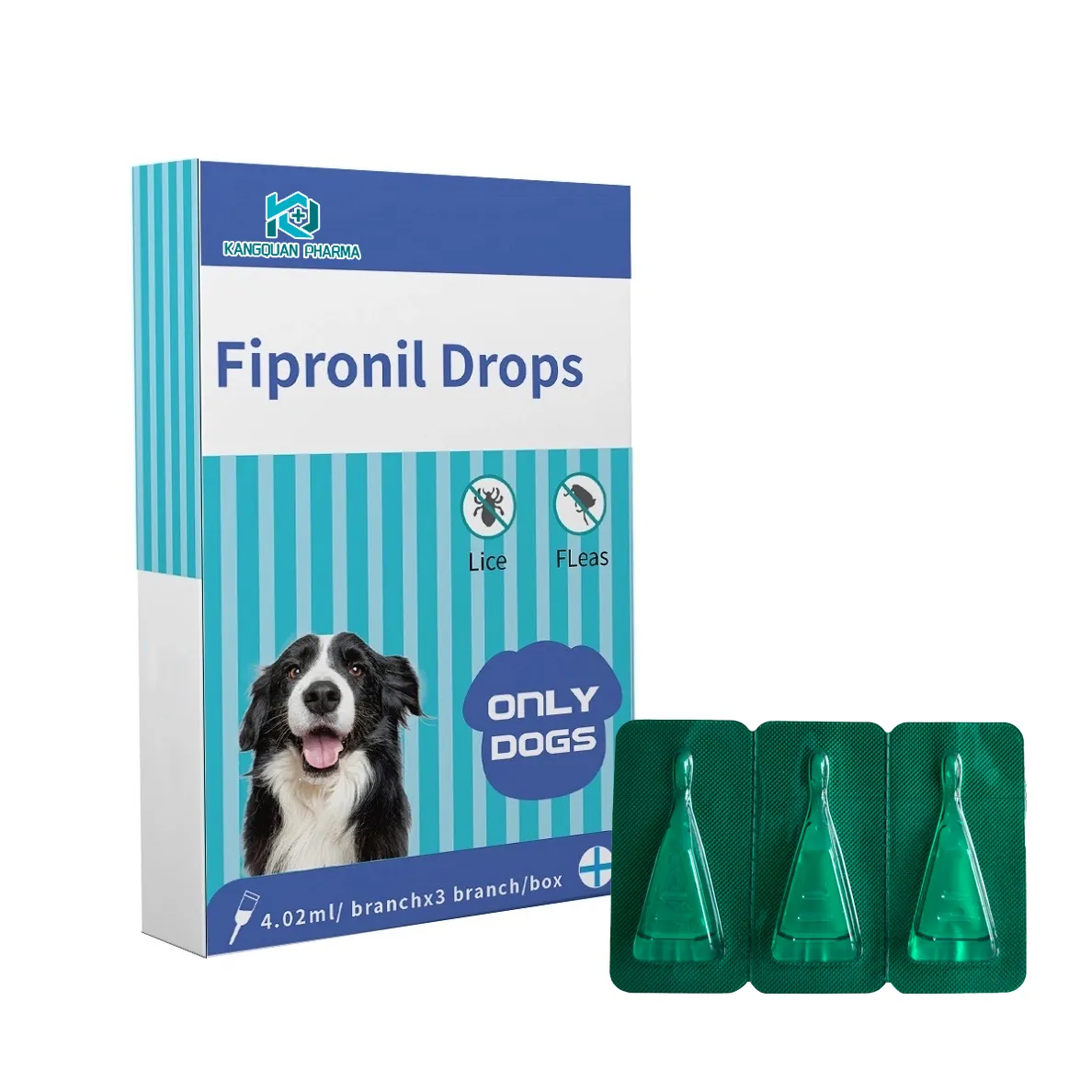- Afrikaans
- Albanian
- Amharic
- Arabic
- Armenian
- Azerbaijani
- Basque
- Belarusian
- Bengali
- Bosnian
- Bulgarian
- Catalan
- Cebuano
- Corsican
- Croatian
- Czech
- Danish
- Dutch
- English
- Esperanto
- Estonian
- Finnish
- French
- Frisian
- Galician
- Georgian
- German
- Greek
- Gujarati
- Haitian Creole
- hausa
- hawaiian
- Hebrew
- Hindi
- Miao
- Hungarian
- Icelandic
- igbo
- Indonesian
- irish
- Italian
- Japanese
- Javanese
- Kannada
- kazakh
- Khmer
- Rwandese
- Korean
- Kurdish
- Kyrgyz
- Lao
- Latin
- Latvian
- Lithuanian
- Luxembourgish
- Macedonian
- Malgashi
- Malay
- Malayalam
- Maltese
- Maori
- Marathi
- Mongolian
- Myanmar
- Nepali
- Norwegian
- Norwegian
- Occitan
- Pashto
- Persian
- Polish
- Portuguese
- Punjabi
- Romanian
- Russian
- Samoan
- Scottish Gaelic
- Serbian
- Sesotho
- Shona
- Sindhi
- Sinhala
- Slovak
- Slovenian
- Somali
- Spanish
- Sundanese
- Swahili
- Swedish
- Tagalog
- Tajik
- Tamil
- Tatar
- Telugu
- Thai
- Turkish
- Turkmen
- Ukrainian
- Urdu
- Uighur
- Uzbek
- Vietnamese
- Welsh
- Bantu
- Yiddish
- Yoruba
- Zulu
Nov . 06, 2024 12:13 Back to list
The Vital Role of Animal Nutrition in Sustainable Agriculture and Livestock Health
The Importance of Animal Nutrition
Animal nutrition is a vital aspect of livestock management and food production systems. As the global population continues to grow, the demand for high-quality animal products—including meat, milk, and eggs—increases correspondingly. Understanding and implementing proper animal nutrition becomes crucial not only for improving productivity but also for ensuring sustainability in food production and animal welfare.
The Importance of Animal Nutrition
Improper nutrition can lead to a host of problems. Inadequate nutrient intake can result in poor growth rates, reduced reproductive efficiency, and compromised immune function. For example, a deficiency in vitamins and minerals can lead to diseases such as rickets in growing animals or impaired fertility in breeding stock. Alternatively, an excess of certain nutrients can lead to metabolic disorders and increased susceptibility to illness. Therefore, understanding the dietary requirements of different animals is fundamental to achieving optimal health and productivity.
the importance of animal nutrition

The importance of animal nutrition extends beyond just the animals themselves; it also has significant implications for human health and food security. Animal products are rich sources of essential nutrients such as high-quality proteins, omega-3 fatty acids, and vitamins that are critical for human health. With an increasing global population, the rising demand for animal products necessitates efficient and effective animal nutrition practices to produce sufficient food while minimizing environmental impacts.
Sustainable animal nutrition is another critical consideration. The livestock sector accounts for significant greenhouse gas emissions, land degradation, and water use. Therefore, optimizing feed efficiency and reducing waste is essential in the context of climate change and resource management. Innovations such as alternative feed ingredients—like insect protein or by-products from agricultural processes—can offer sustainable solutions while meeting the nutritional needs of livestock. Furthermore, precision feeding technologies are being developed to tailor diets that maximize nutrient utilization and minimize environmental footprints.
Animal welfare is also closely linked to nutrition. Well-nourished animals exhibit improved well-being, which translates into better productivity and quality of life. Ensuring access to a balanced diet helps prevent stress and enhances the overall resilience of animals against diseases. Animals that are well-fed are more likely to exhibit natural behaviors, leading to healthier populations. It is crucial for producers to recognize the significance of animal nutrition as a key component of ethical farming practices.
In conclusion, animal nutrition is a cornerstone of effective livestock management, with far-reaching implications for productivity, human health, environmental sustainability, and animal welfare. As we move forward in a world facing increasing food demand and environmental challenges, prioritizing research and innovation in animal nutrition will be essential. By doing so, we can support the livestock sector in delivering high-quality animal products, while promoting sustainable practices that benefit both animals and humans alike. The collective efforts of farmers, nutritionists, and researchers emphasize the vital role of nutrition in achieving a sustainable future for global food systems.
-
Guide to Oxytetracycline Injection
NewsMar.27,2025
-
Guide to Colistin Sulphate
NewsMar.27,2025
-
Gentamicin Sulfate: Uses, Price, And Key Information
NewsMar.27,2025
-
Enrofloxacin Injection: Uses, Price, And Supplier Information
NewsMar.27,2025
-
Dexamethasone Sodium Phosphate Injection: Uses, Price, And Key Information
NewsMar.27,2025
-
Albendazole Tablet: Uses, Dosage, Cost, And Key Information
NewsMar.27,2025













